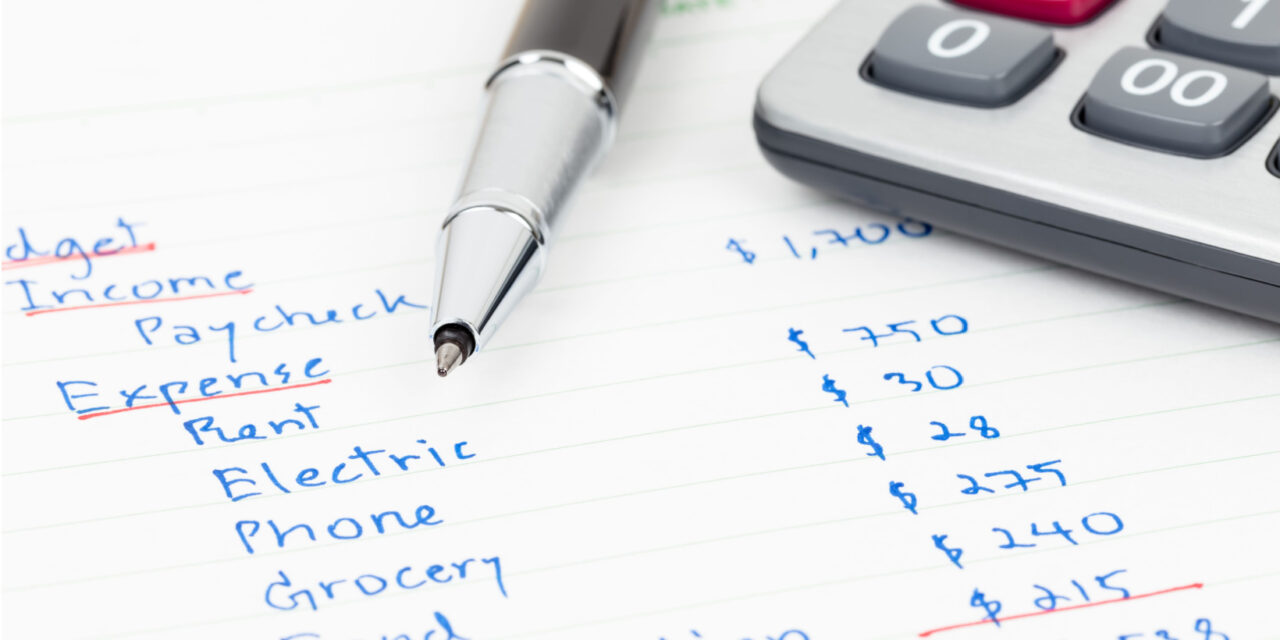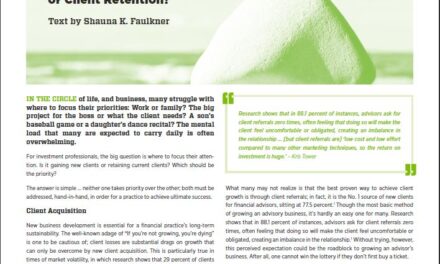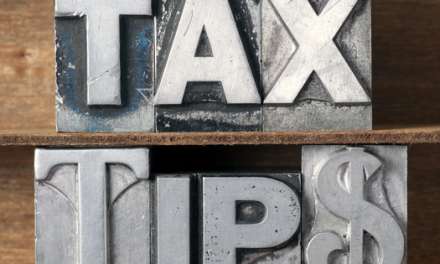
Overcoming the Psychological Barriers to Budgeting
Budgeting is foundational to financial success, from young savers to retirees. Despite this, budgeting is unpopular with Americans, as suggested by the general failure of budgeting app providers that had visions of ushering in a new era of individual fiscal responsibility.
To view the full article please register below:
Overcoming the Psychological Barriers to Budgeting
Budgeting is foundational to financial success, from young savers to retirees. Despite this, budgeting is unpopular with Americans, as suggested by the general failure of budgeting app providers that had visions of ushering in a new era of individual fiscal responsibility.
When asked why they don’t budget, a quarter of respondents in one recent survey said it was “too time consuming” and nearly as many said that budgeting made them “feel anxious or bad.”1
Hurdling Barriers to Budgeting
The aversion to budgeting may have more underlying causes, many of which are behavioral. Here are some strategies to maintain the budgeting discipline:
- Fight the influence of “social proof.” Social proof is the phenomenon of looking to friends or neighbors who engage in spending (new cars, expensive vacations, etc.) and feeling pressure to match them, even if such spending runs counter to budgeting objectives. The trick is to reorient your focus to your financial situation, values and goals, rather than comparing yourself to the “Joneses.”
- Turn budgeting upside down. Instead of engaging in traditional budgeting, which can be time consuming, determine what you need to save for long-term goals (e.g., 10% of income). Then “pay yourself first” by setting aside a portion of your paycheck before you even see it. That way, you’re free to spend the remaining amount without guilt or having to track how you spend it.
- Replace retail therapy with real therapy. Many people spend because they’re trying to overcome sadness or assert a personal control that they don’t feel exists in their lives. Discovering these embedded emotional spending triggers and developing healthier coping mechanisms is a great investment that will pay dividends for years to come—and not just financially.
- Avoid credit cards. Credit cards provide a sense of “cost-free spending,” which makes it easy to blow up a budget. Stick to cash and debit card purchases. Put the credit card in your home safe and bring it out only when needed.
- Don’t fall for “sales.” Many individuals find “bargains” too good to pass up. The savings are a mirage because when you buy something you don’t really need, the cost—no matter how discounted—robs you of future wealth.
- Pause before buying. Don’t buy things on impulse. Avoid the urge by deciding to think about it for a couple of days. That short delay often diminishes the desire for that item, saving you, if you’re an average American, from 156 impulse purchases every year at a cost of $450 per month.2
Need help budgeting? Talk with your financial professional to get on track.
Sources:
- https://www.debt.com/research/best-way-to-budget/#:~:text=For%20six%20years%2C%20Debt.com,this%20survey’s%20inception%20in%202018.
- https://nypost.com/2018/02/21/us-shoppers-cant-stop-impulse-spending/
Please reference disclosures at: https://blog.americanportfolios.com/disclosures/












